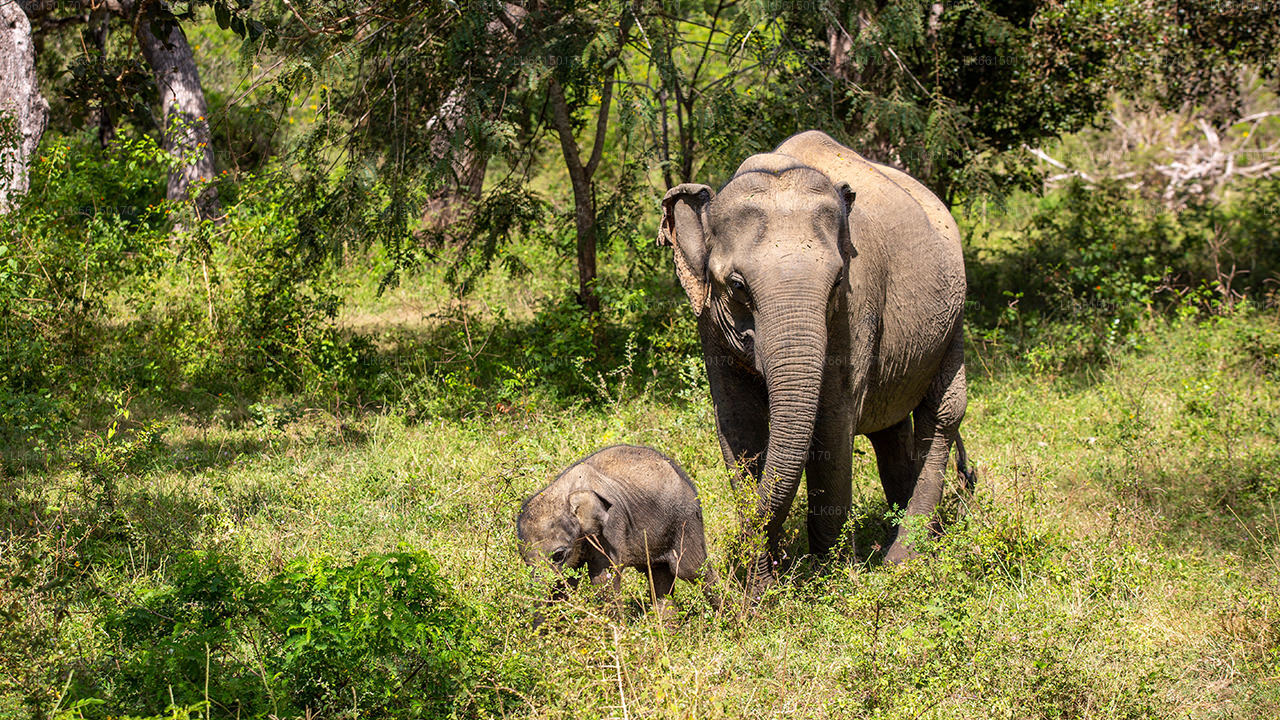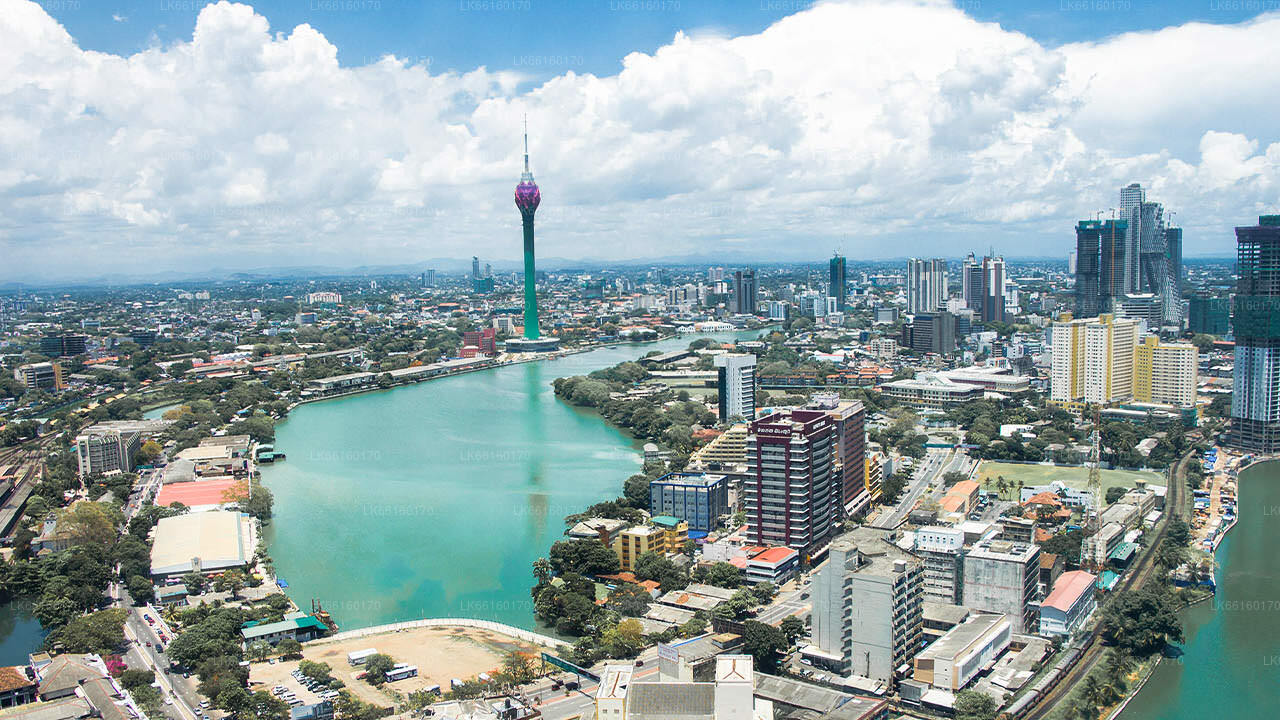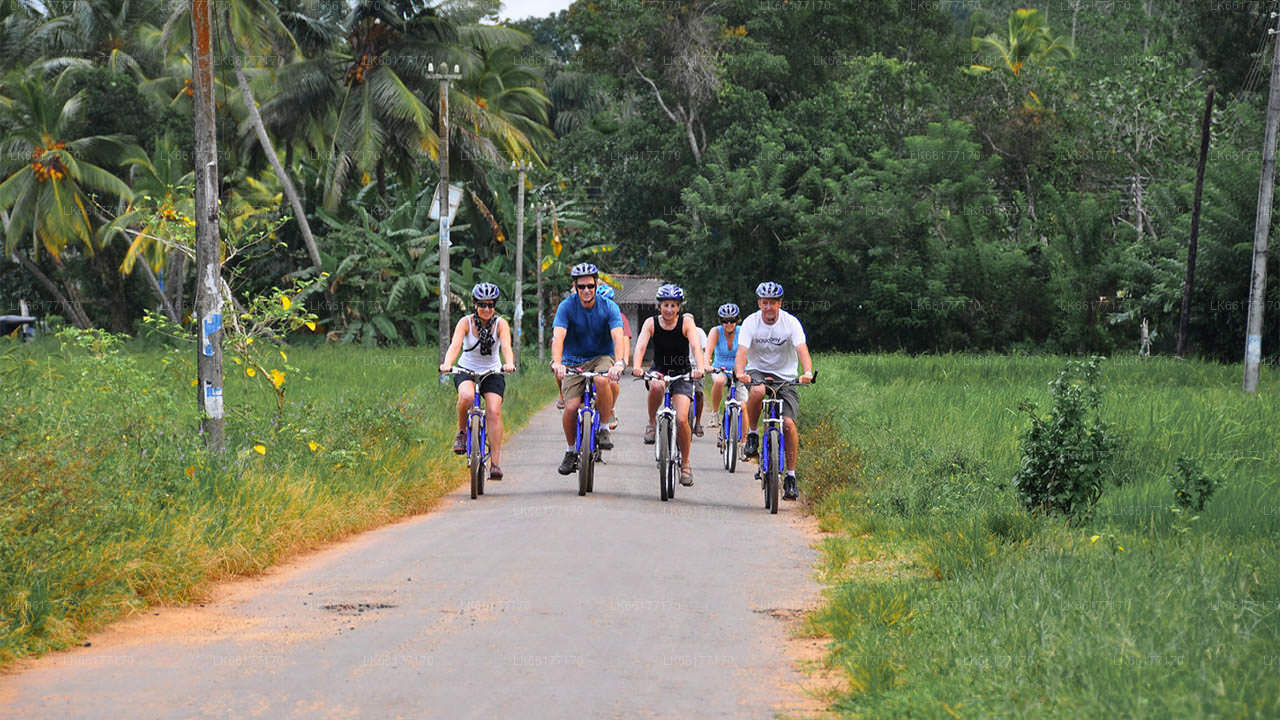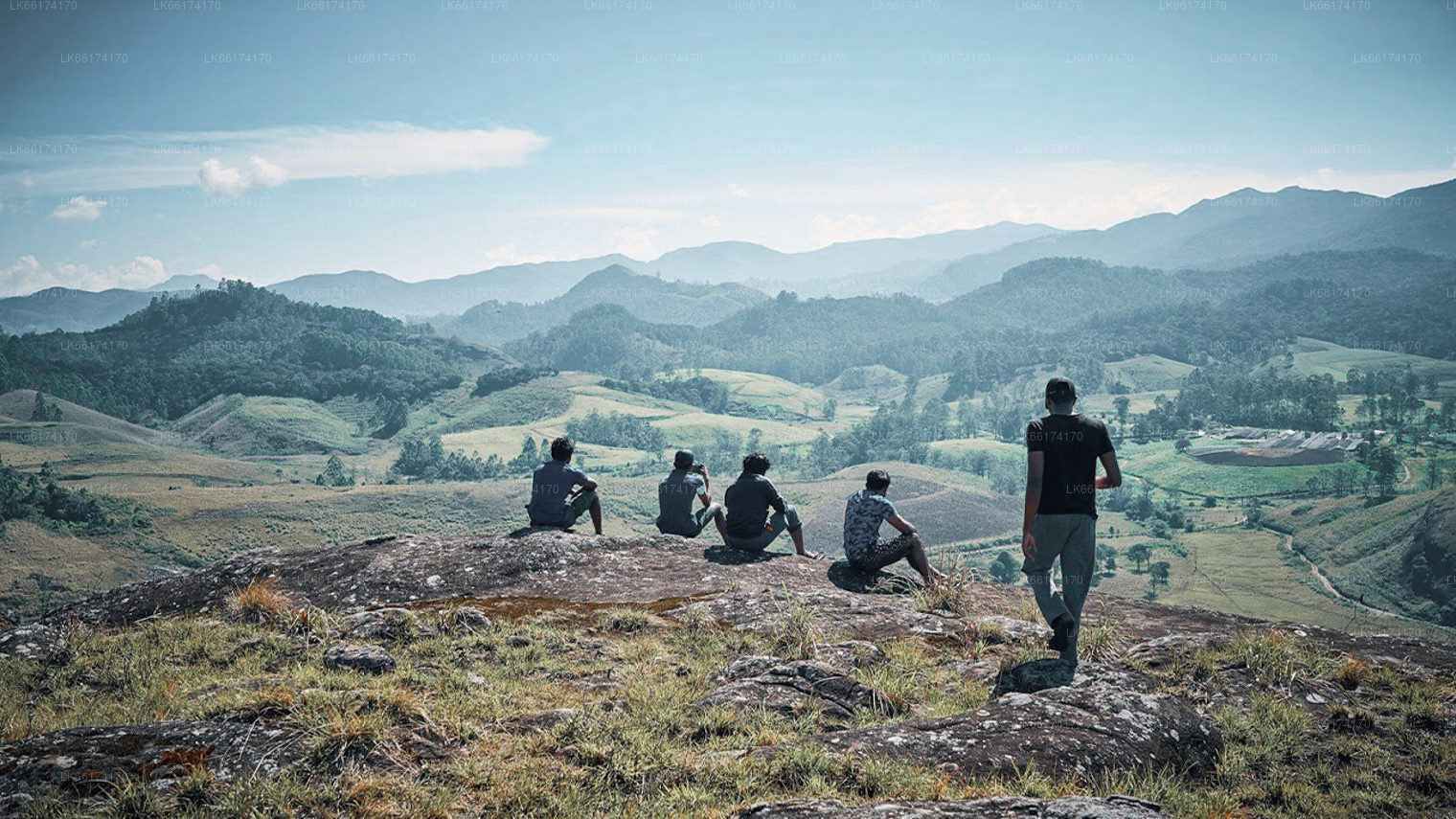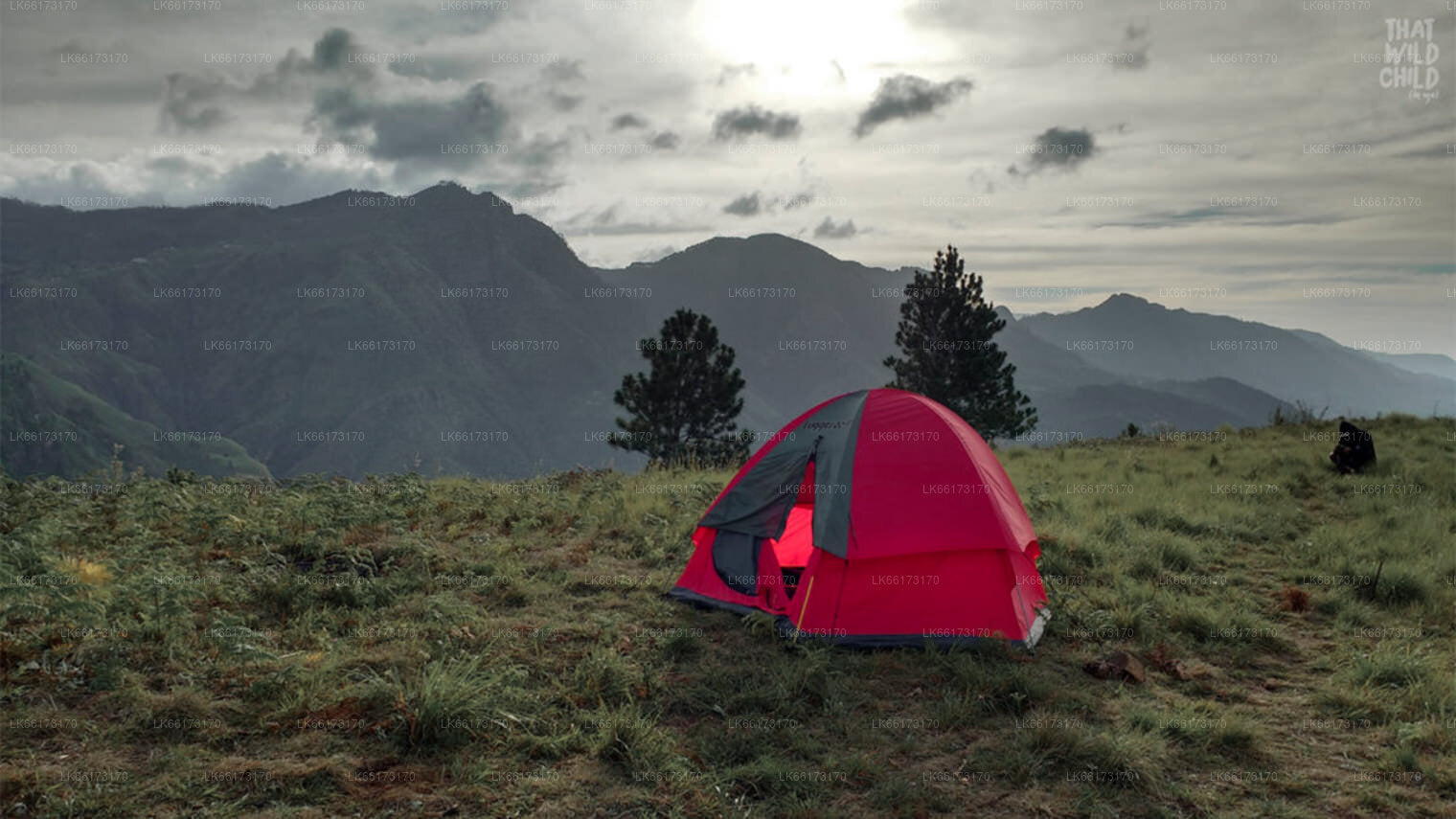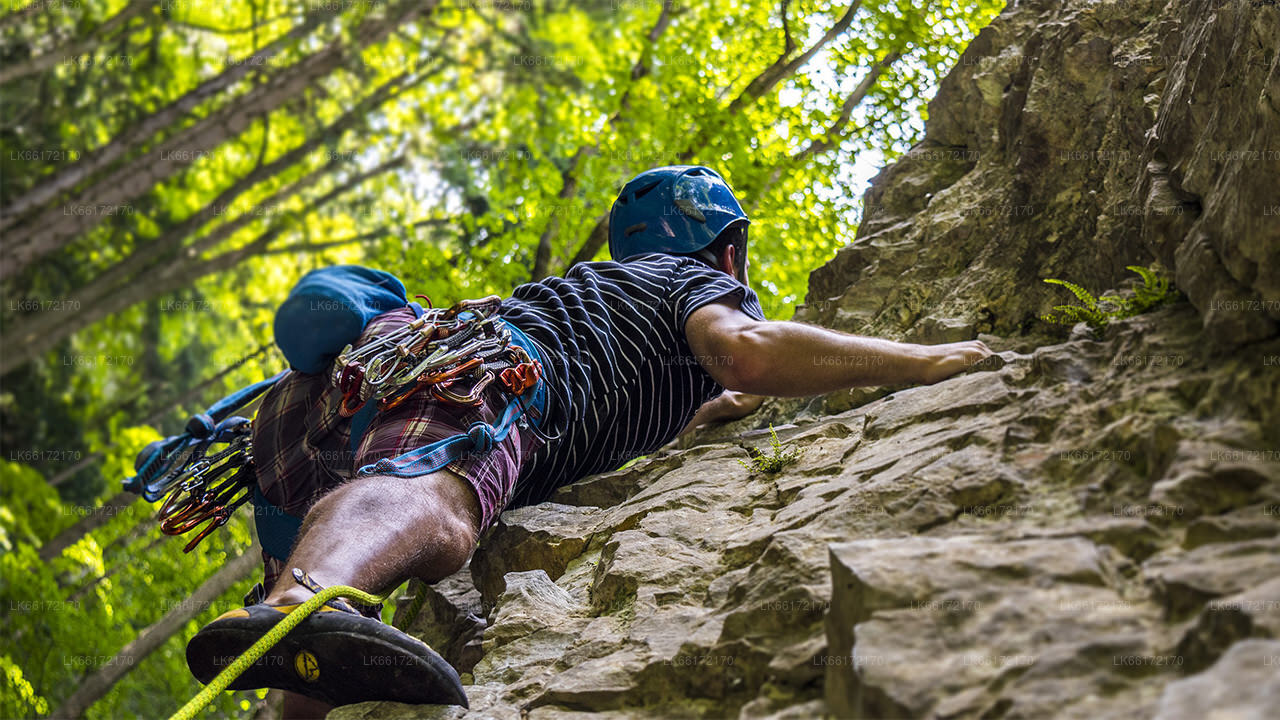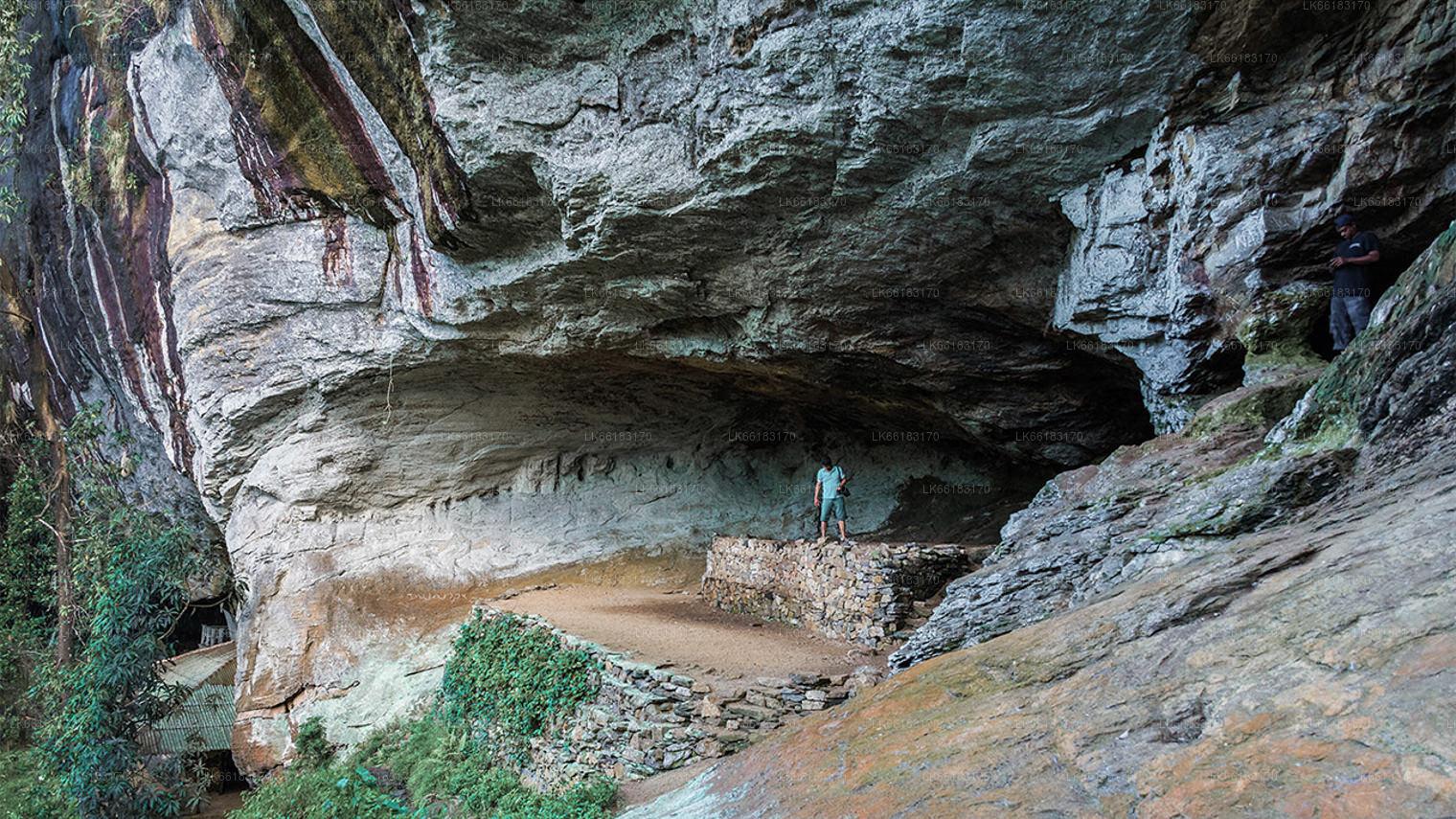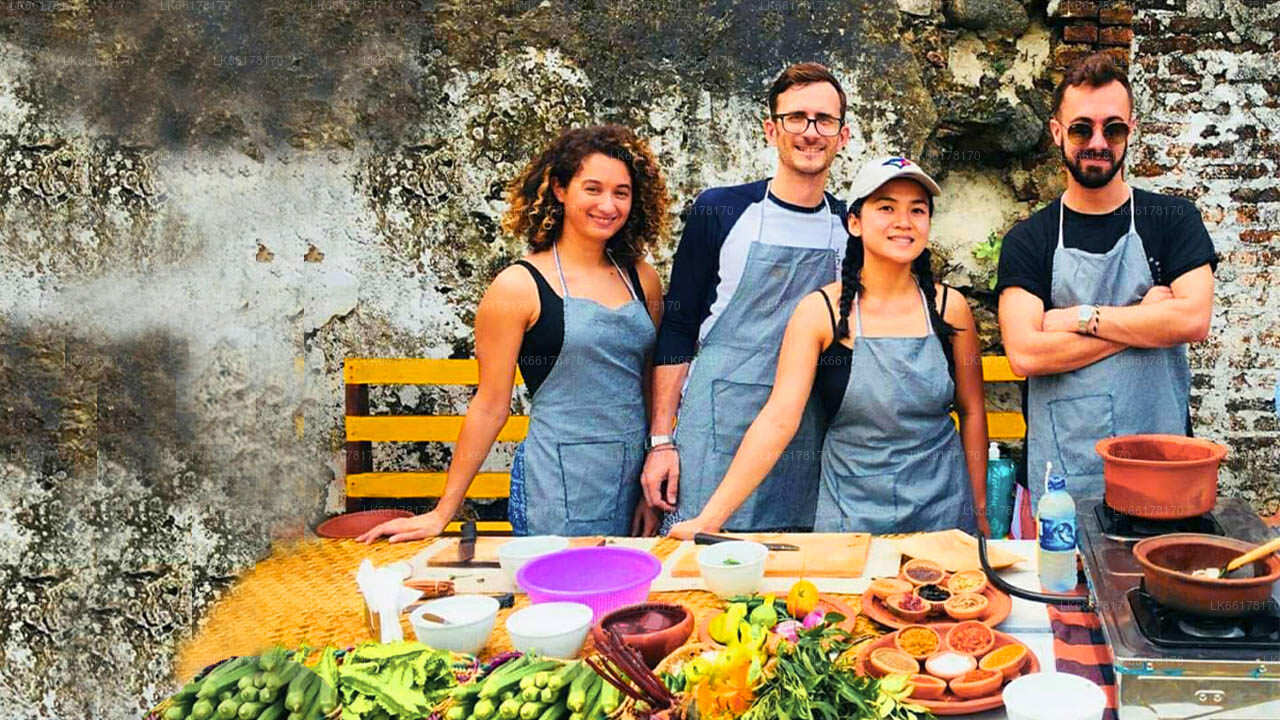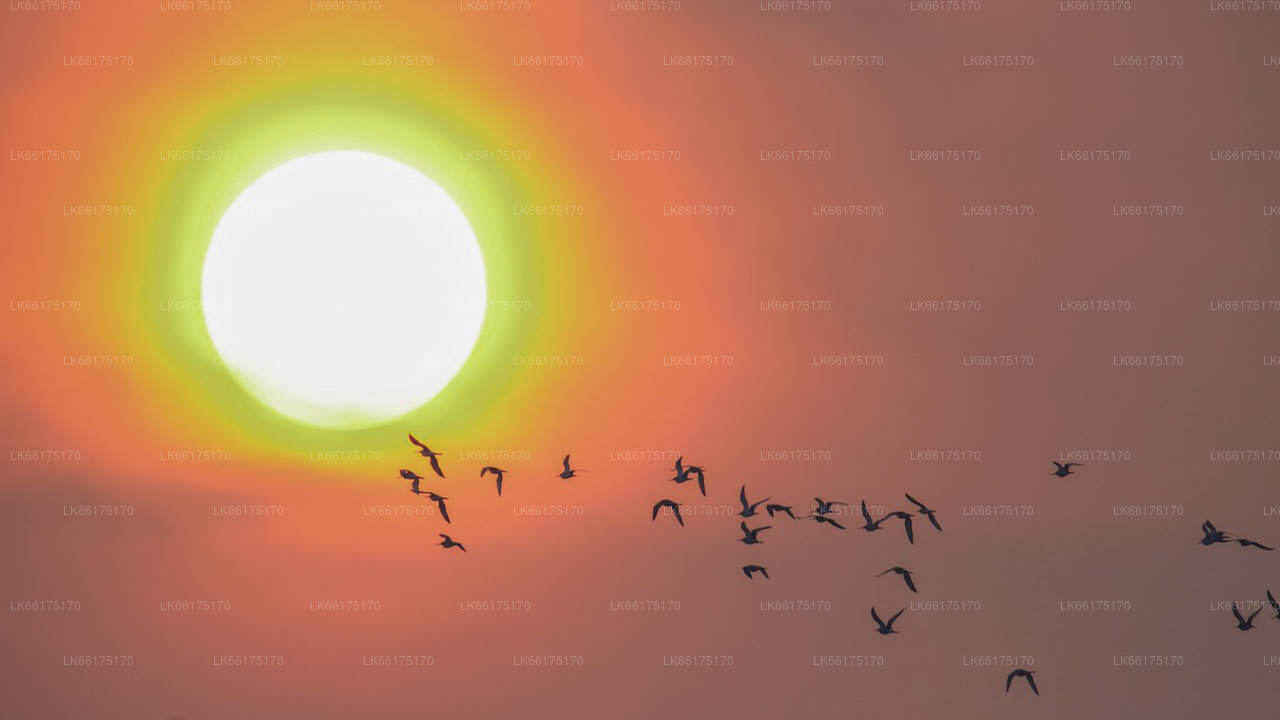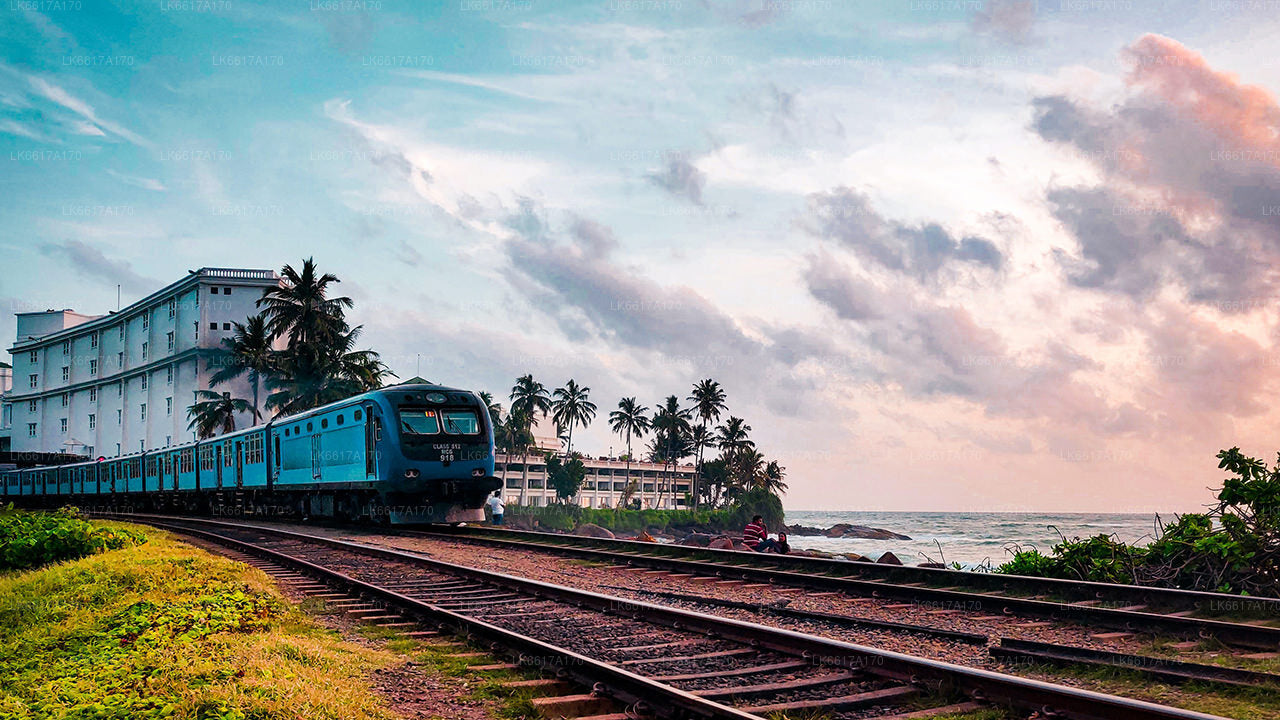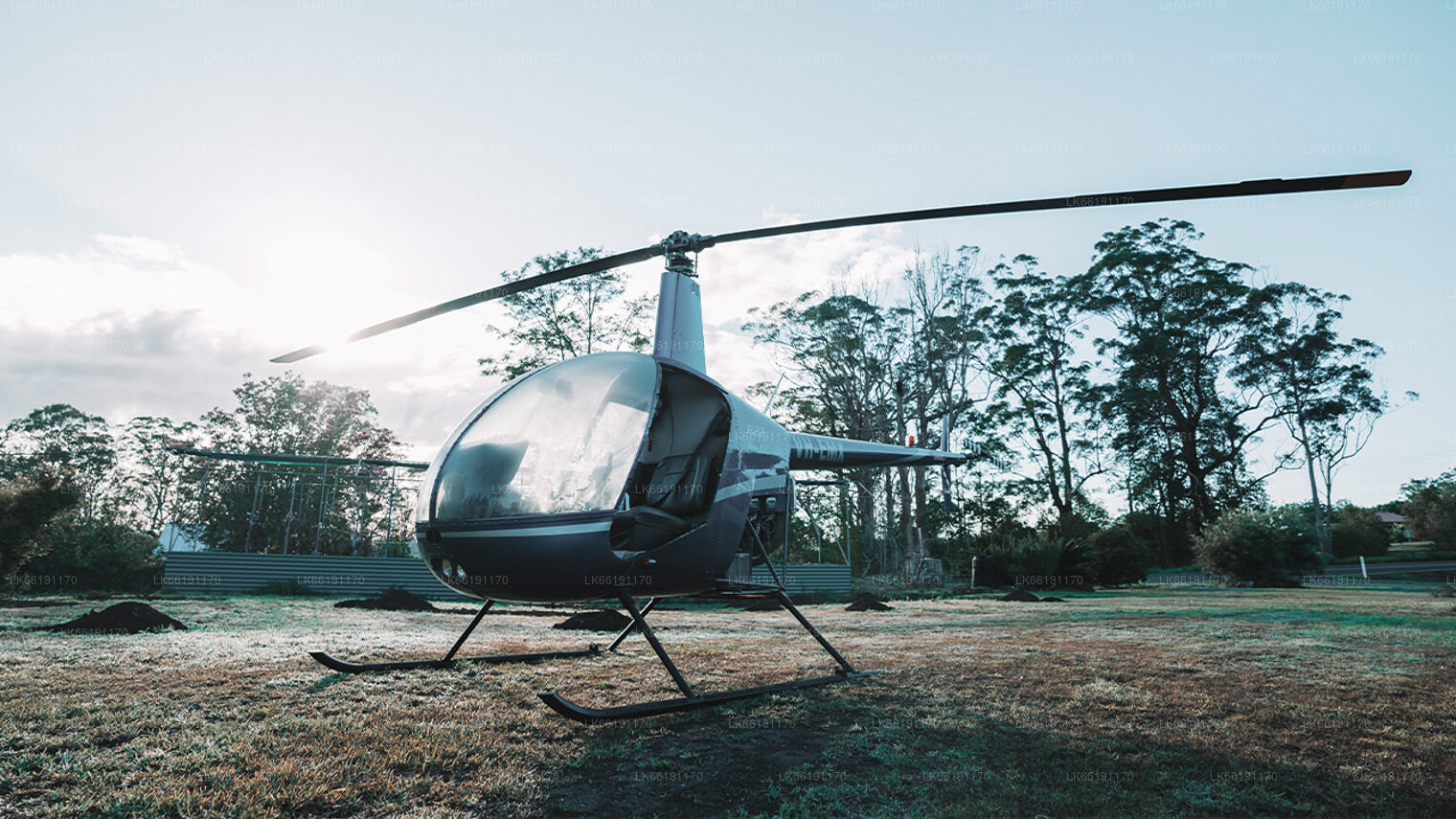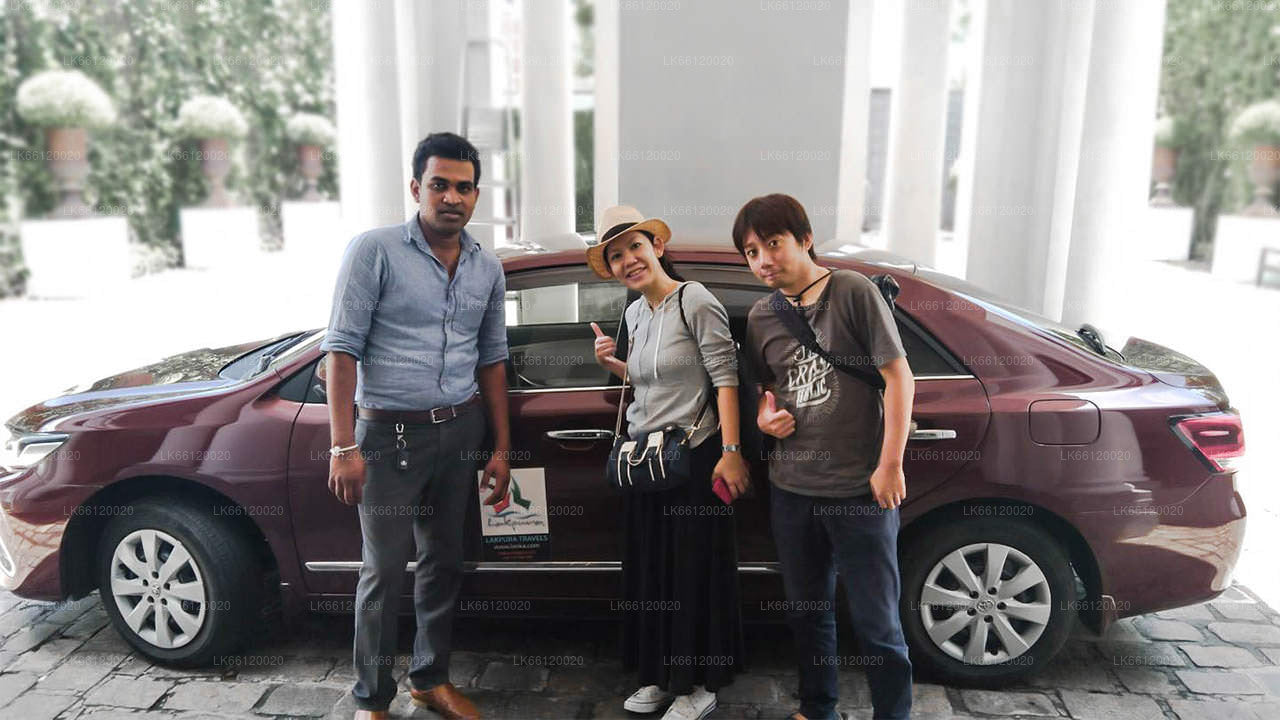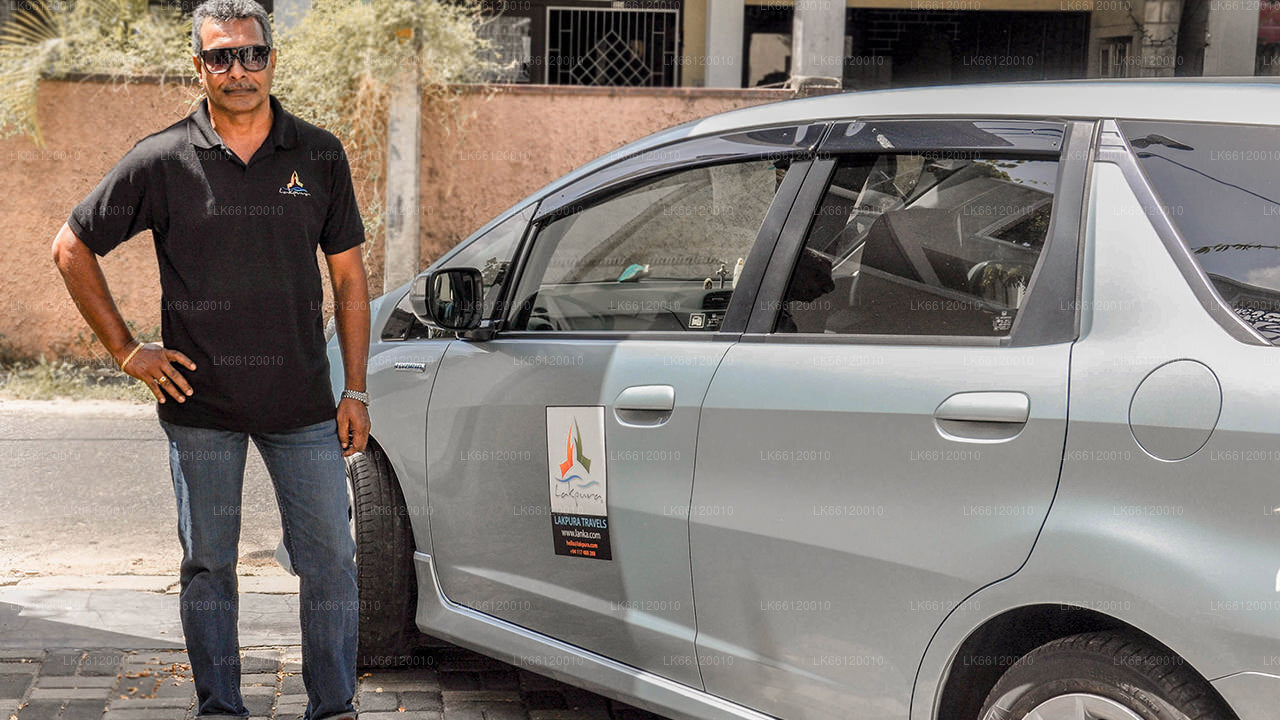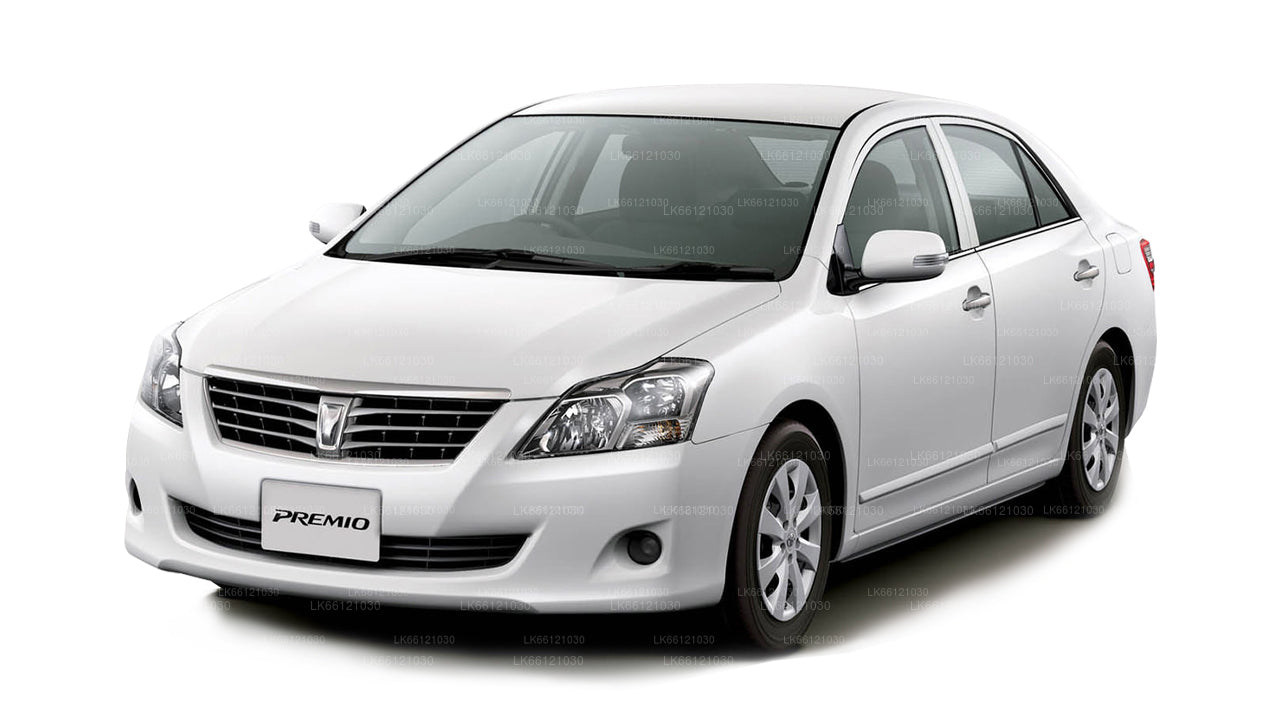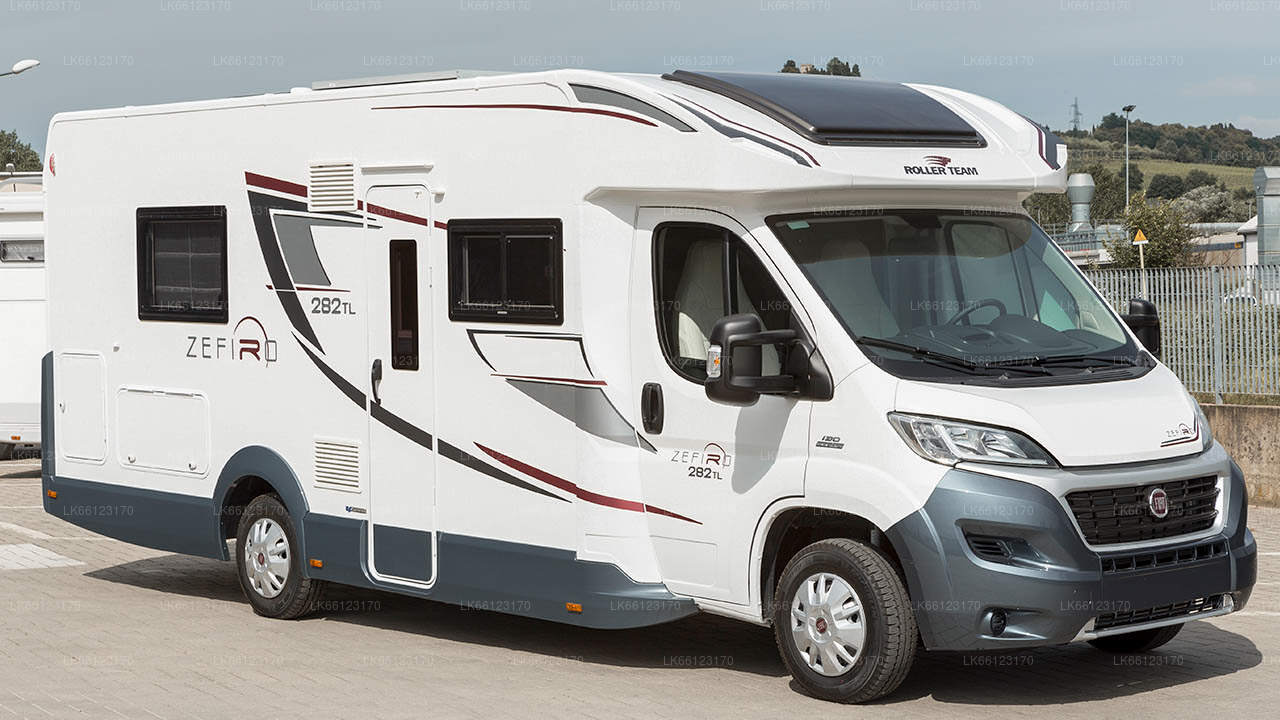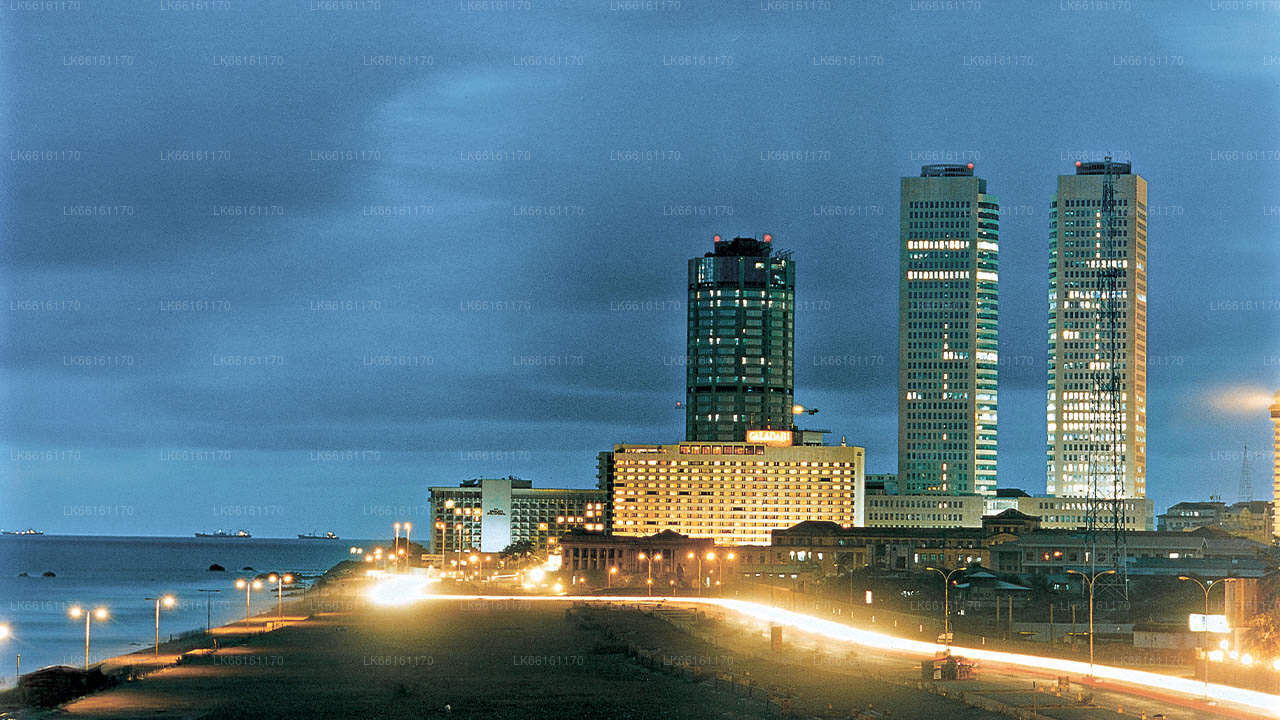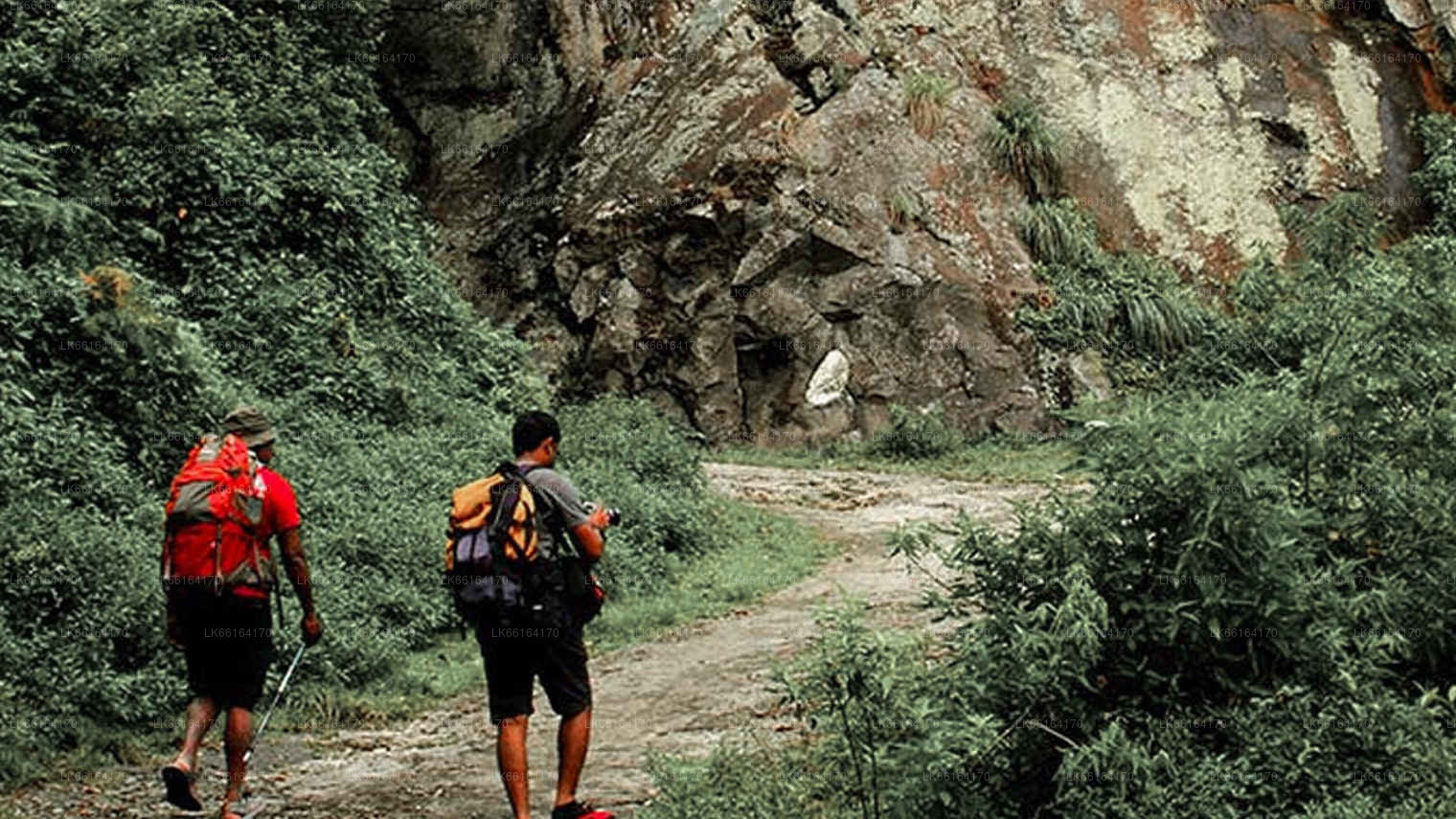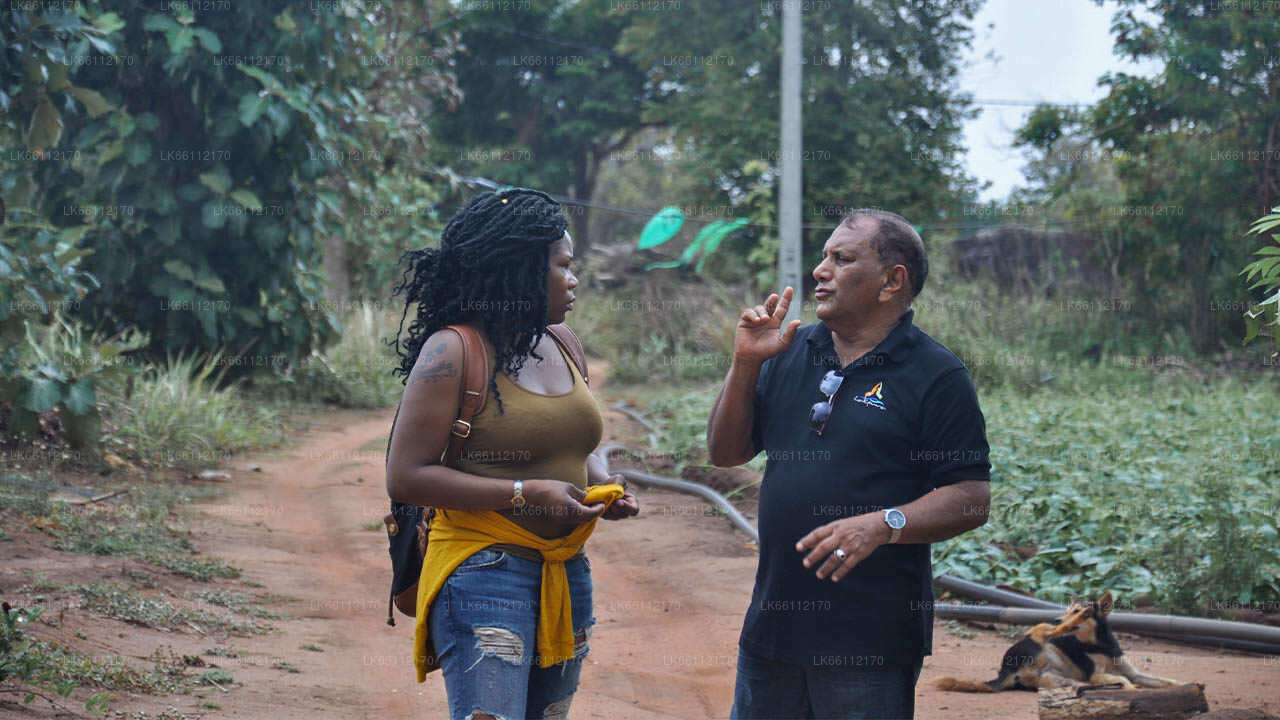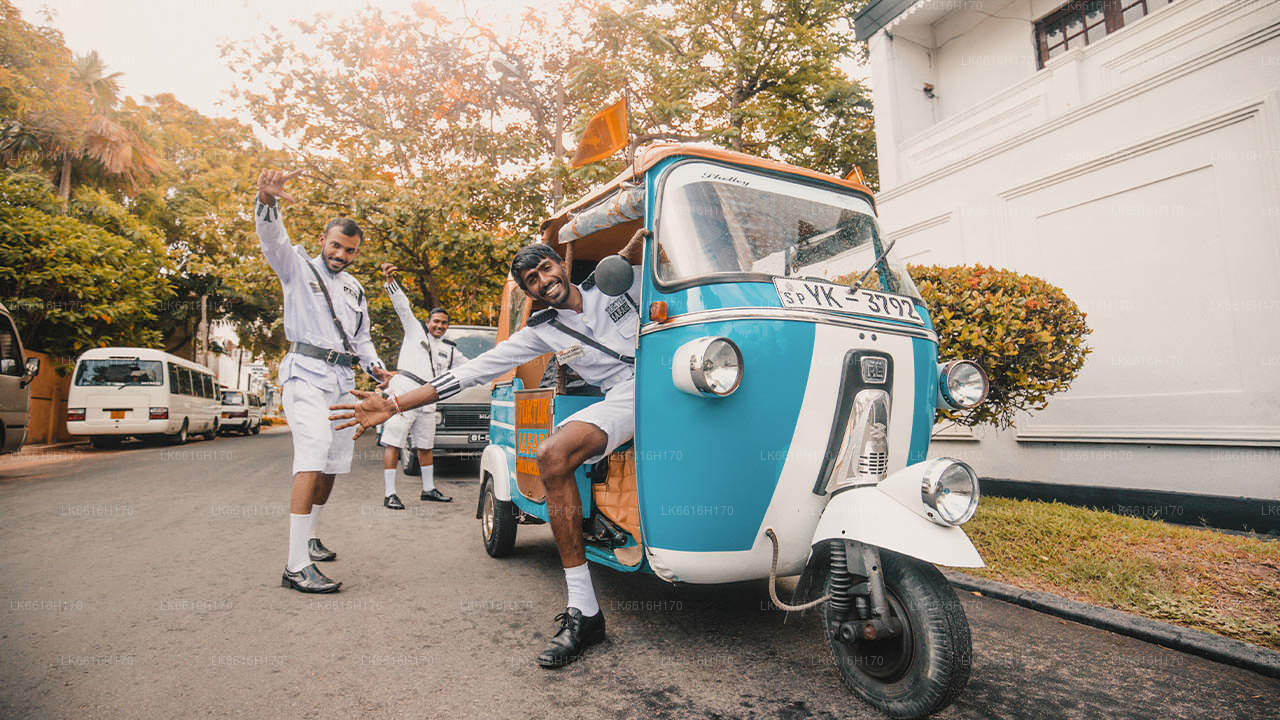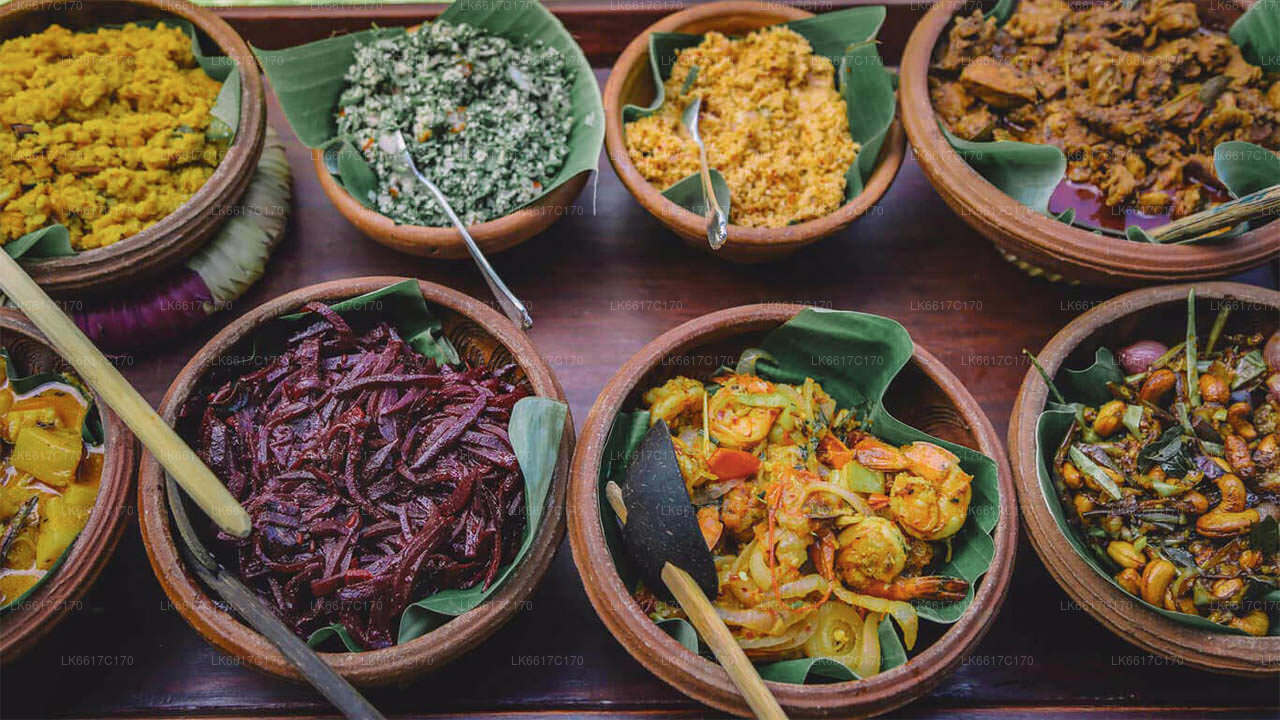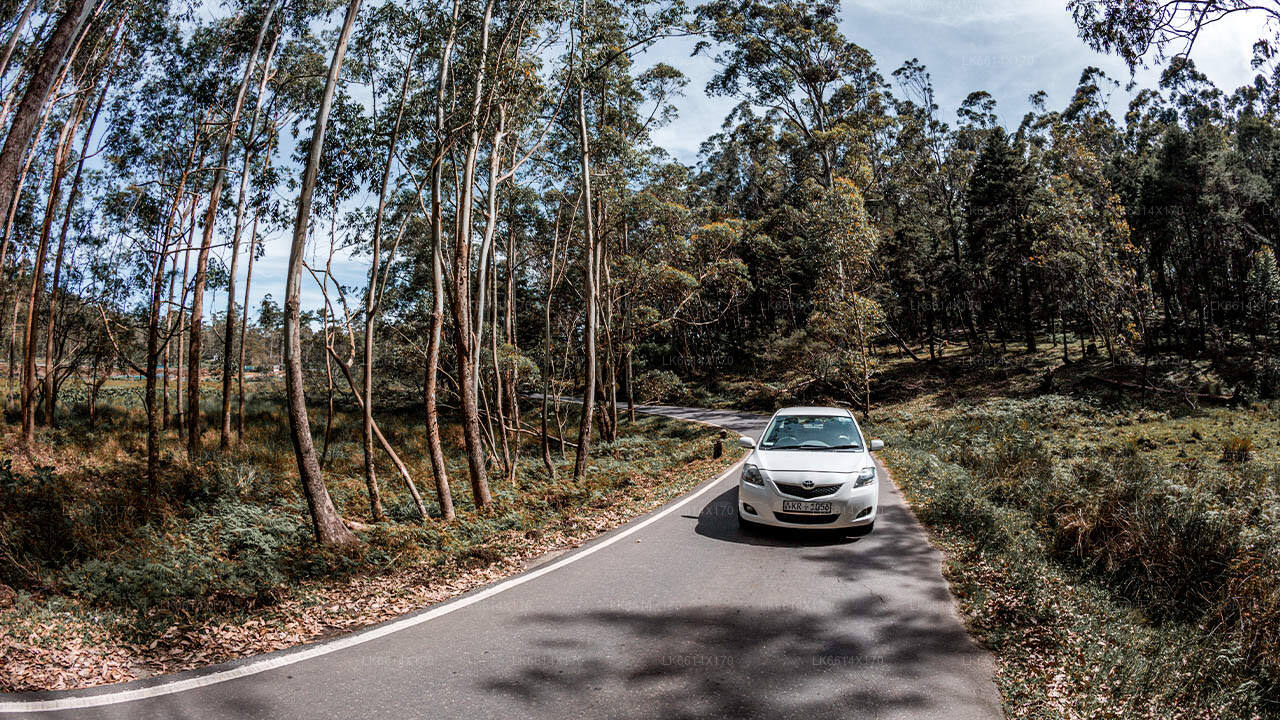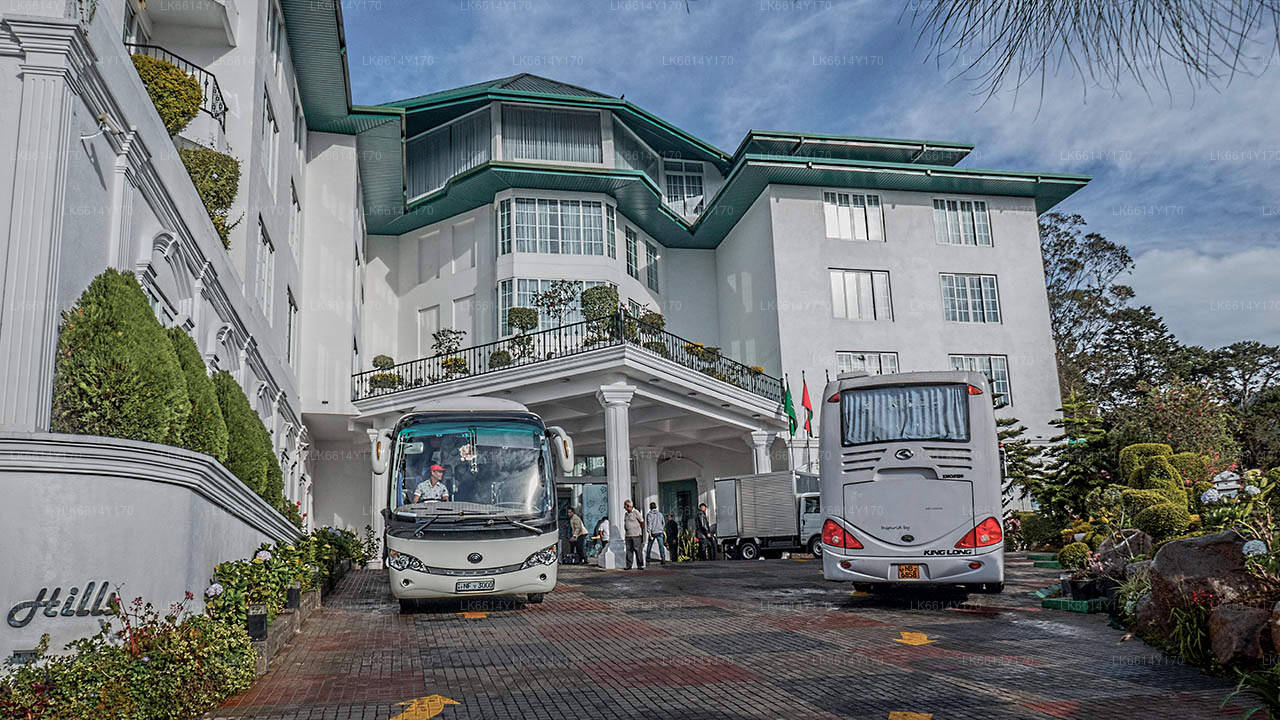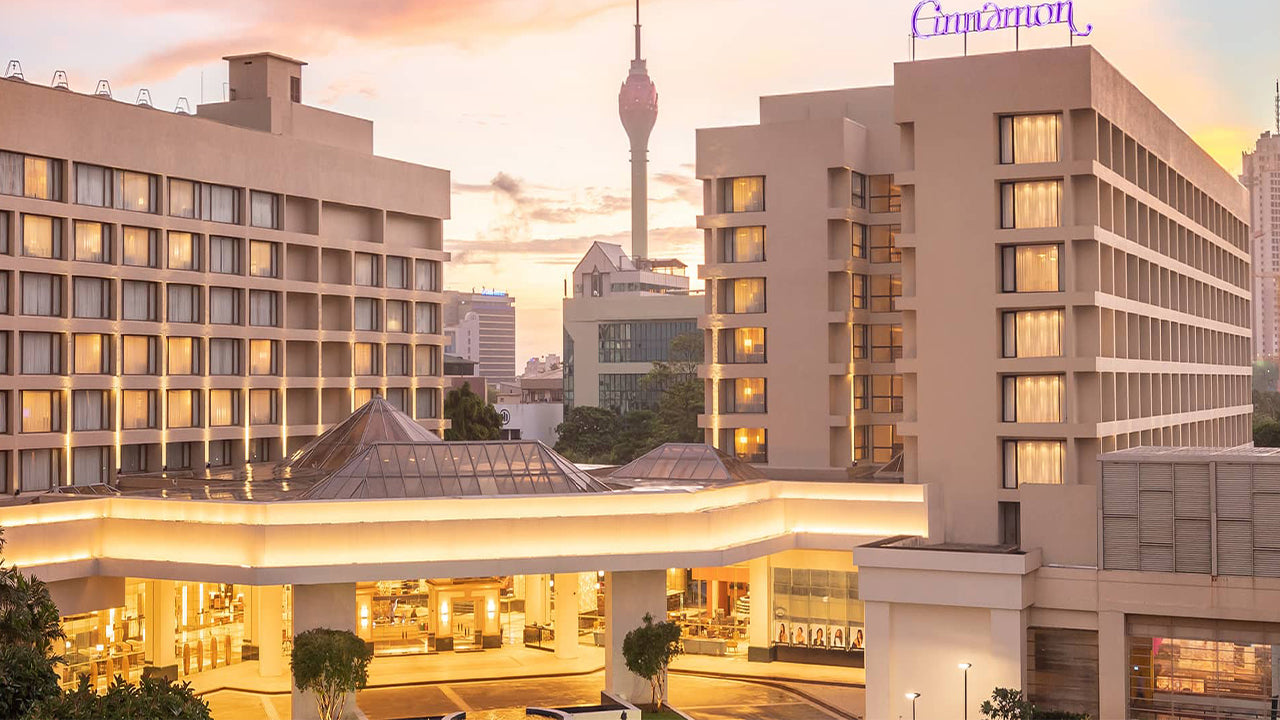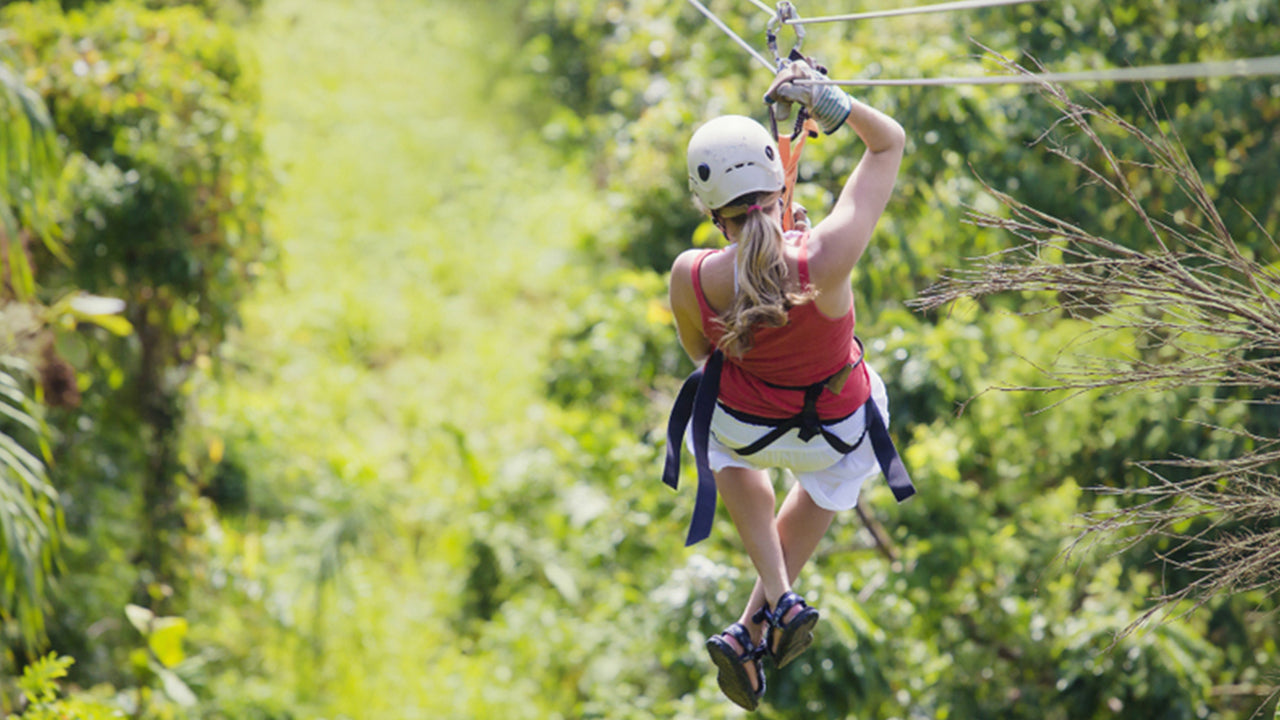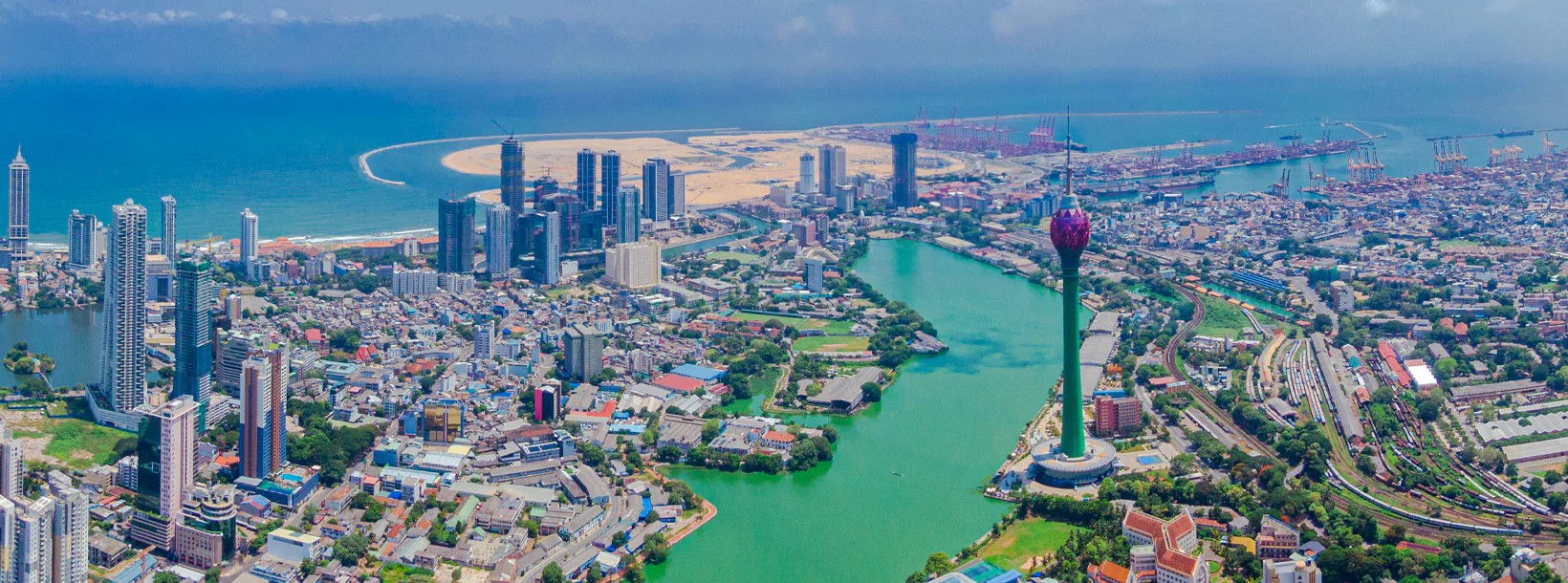
Colombo City
Colombo, the capital of Sri Lanka, is a dynamic city blending tradition and modernity. It showcases colonial architecture, lively markets, and serene Buddhist temples. With diverse cuisine, a growing skyline, and beautiful beaches, it's a vibrant hub for business, culture, and tourism, offering a gateway to explore Sri Lanka's wonders.
Sri Jayawardenepura Kotte
Sri Jayewardenepura Kotte, formerly Kotte, city and legislative capital of Sri Lanka. It is located in the southwestern part of the country, about 5 miles (8 km) southeast of the commercial capital of Colombo, of which it was once a suburb. An urban council governs Sri Jayewardenepura Kotte and the neighbouring town of Nugegoda. Despite the city’s urban character, it contains a number of rice paddies and plantations.
As Sri Jayewardenepura Kotte, it was the capital of the Sinhalese kingdom of Kotte from 1415 to 1565, largely owing to the lagoons, rivers, and swamps that still encircle it and provide a natural defense. Its partition at the beginning of the 16th century culminated in the Portuguese domination of Ceylon (present-day Sri Lanka). At some point the city’s name was abbreviated to Kotte. When the first Portuguese envoys were taken from Colombo to Kotte in 1505, the Sinhalese led them on a circuitous three-day trip to conceal the capital’s location. “To go to Kotte” thus became a Sinhalese synonym for a roundabout route.
Within several decades of Sri Lankan independence (1948), government offices had outgrown the country’s capital of Colombo, and the decision was made to relocate offices outside the city. In 1977 the government designated Sri Jayewardenepura Kotte, under its original name, the new capital, and in 1982 the new parliament building was inaugurated there. The following year other government offices began moving to the city.
Contemporary Sri Jayewardenepura Kotte is a planned urban site with government offices and residential housing. The parliament house and other legislative buildings are located on a small island in Lake Diyawanna Oya, situated in the midst of reclaimed swampland. The University of Sri Jayewardenepura, one of Sri Lanka’s premier institutions of higher learning, is located in the city. The university was originally founded in 1873 as Vidyodaya Pirivena, a Buddhist centre of learning, and attained university status in 1958; it took its current name in 1978. Pop. (2001) 116,366; (2012) 107,925.
About Colombo District
Colombo is the largest city and commercial capital of Sri Lanka. It is located on the west coast of the island and adjacent to Sri Jayewardenepura Kotte, the capital city of Sri Lanka. Colombo is a busy and vibrant city with a mixture of modern life and colonial buildings and ruins and a city population of 647,100.The Colombo Metropolitan Region, defined by the districts of Colombo, Gampaha and Kalutara, has an estimated population of 5,648,000, and covers an area of 3,694.20 km²
Colombo is a multi-ethnic, multi-cultural city. It is the most populous city in Sri Lanka, with 642,163 people living within the city limits. The population of Colombo is a mix of numerous ethnic groups, mainly Sinhalese, Moors and Tamils. There are also small communities of people with Chinese, Portuguese, Dutch, Malay and Indian origins living in the city, as well as numerous European expatriates.
The great majority of Sri Lankan corporations have their head offices in Colombo. Some of the industries include chemicals, textiles, glass, cement, leather goods, furniture, and jewellery. In the city center is located South Asia's second tallest building - The World Trade Centre.
About Western Province
The Western Province is the most densely populated province of Sri Lanka. It is home to the legislative capital Sri Jayawardenepura Kotte as well to Colombo, the nation's administrative and business center. Western Province is divided into 3 main districts called Colombo (642 km²), Gampaha (1,386.6 km²) and Kalutara (1,606 km²) districts. As Sri Lanka's economic hub, all the major local and international corporations have their presence in the city and so do all the major designer and high street retailers, so be ready to indulge in some retail therapy in western province.
Having the highest population in the all the provinces, the almost all the premier educational institutions in the island are located in western province. Universities in the province include the University of Colombo, the University of Sri Jayewardenepura, University of Kelaniya, Open University, Sri Lanka, Buddhist and Pali University of Sri Lanka, General Sir John Kotelawala Defence University and University of Moratuwa .Western province has the largest amount of schools in the country, which includes National, Provincial, Private and International schools.


